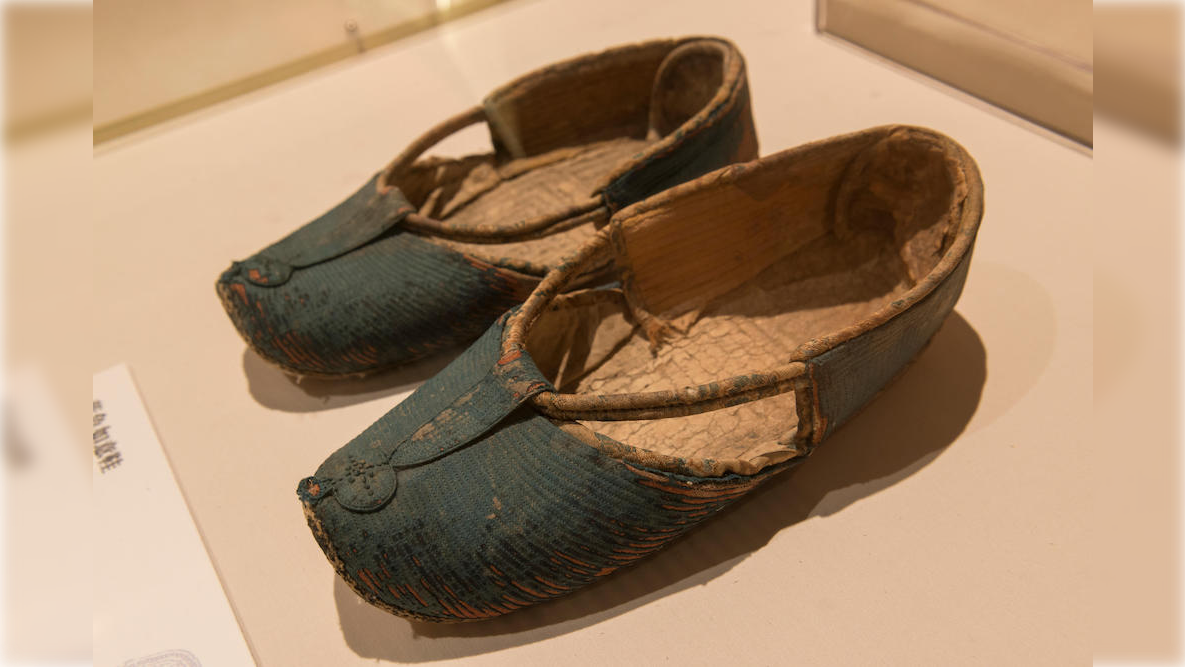Why People Are Buried Without Shoes: 4 Surprising Reasons

Burial customs and practices vary greatly across different cultures and religions, and one aspect that may be unfamiliar to some is the fact that people are often buried without shoes. There are a few different reasons why this is done, and understanding these reasons can provide insight into the various beliefs and traditions surrounding death and burial.....CONTINUE READING THE FULL STORY HERE
Practicality: One reason why people may be buried without shoes is simply because it is more practical and less cumbersome to do so. Shoes can be bulky and difficult to remove, especially if the deceased person has swollen feet or other physical challenges.
In addition, burying a body with shoes can take up more space in the grave, which may not be an issue in some places but could be a concern in areas with limited cemetery space.
Symbolism: In many cultures, shoes are seen as a symbol of the journey through life and the path that a person takes. When a person is buried without shoes, it can symbolize the end of that journey and the transition to the next life.
This belief is rooted in the idea that the deceased person will no longer need shoes in the afterlife, as they will no longer be walking on earth.
Respect: In some cultures, it is seen as a sign of respect to bury a person without shoes. This is often the case in Muslim cultures, where it is believed that the deceased person should be buried as they were at the moment of death.
As such, it is considered inappropriate to change the deceased person’s clothing or footwear, as it could be seen as altering their state at the moment of death.
Hygiene: Finally, another reason why people may be buried without shoes is for hygiene reasons. Shoes can harbor bacteria and other contaminants, and burying a body with shoes could potentially contaminate the soil or water in the area. By removing the shoes before burial, it helps to reduce the risk of contamination and protect the environment.
In conclusion, there are a few different reasons why people may be buried without shoes, including practicality, symbolism, respect, and hygiene.
Understanding these reasons can provide insight into the various customs and traditions surrounding death and burial, and can help us to appreciate the ways in which different cultures and religions approach this sensitive and emotional topic.
